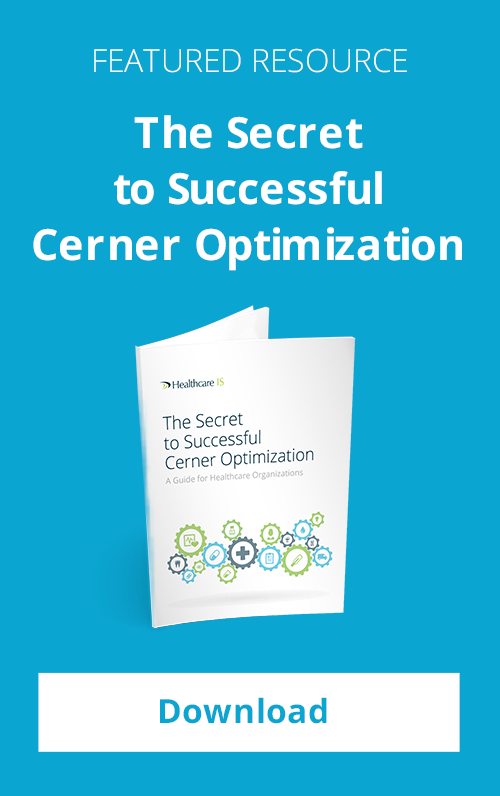When you join a consulting firm you may be asked to sign pre-employment documents. You’ll receive the standard forms, such as W-4, I-9, etc.
But one of the documents with which you’ll be presented you’ll not have seen before if you’ve worked only for hospitals: a “non-compete” document.
Some people just say to themselves, “I’ll just sign it, because I don’t want to deal with it, and I’ve heard they’re unenforceable anyway.” Here’s the issue: If there’s a clause in a signed contract that’s unenforceable, you may win if you’re brought to court. But you’re going to have deal with the fact that you’re going against something you agreed to.
The best thing to do is to deal with this before you join the firm, so that if and when you decide to leave, your transition will be as smooth as possible.
So, what’s reasonable and what’s not reasonable within this document?
On the one hand, you usually don’t find a company that doesn’t at least ask you to stay away from clients with which they’ve put you on projects for a period of time. At Healthcare IS, this is our company policy for the timeframe of one year.
[Guide: Healthcare Consulting 101: Understanding the Four Types of Healthcare Consultants]
The consulting firm’s logic is that they introduced you to this client and they want to protect themselves for a period of time from the consultant leaving the company only to go directly back to the client themselves.
The firm feels they were a part of putting the relationship together and they want to protect themselves from being unreasonably phased out by a consultant or a client.
On the other hand, some consulting firms have their new employees agree to not do work for any of the firm’s clients for a period of one year after leaving the firm. Not just the clients with which you’ve been engaged but any of the firm’s clients.
How do some of these companies define clients?
They define a client as any company with which they’re doing work now or have ever done work with in the past.
So, let’s say you’ve worked with Cerner products for the last five years. If you join a firm agreeing to this clause, you’ll not be able to leave the firm and provide your expertise to any Cerner client for which the firm you’re leaving has ever done work.
I’m aware of at least two consulting firms that have this as a standard clause that they introduce to all new employees. In my opinion, this is not reasonable and is something you should use to evaluate the firm you’re thinking about joining.
It’s one thing for the consulting firm that provided all the training you currently have for your skill set to ask you to stay with them for a period of time, so that they can recoup their investment. It’s another thing altogether when you have the skill set before the firm hires you, but then the firm asks you to refrain from offering your skill set to a number of organizations due to where they have done business. Again, in this case, you’re bringing your skill set to them first.
If you bring the skill set to your employer, it would not be good for your career to agree to conditions that will significantly reduce the number of potential clients to which you can offer your skill set once leaving that firm. This would affect your future marketability.
If you do sign the non-compete, they have the right to enforce the document, which may eventually be thrown out of court by a judge, but only after you’ve spent the time and money to defend yourself. This will be a major inconvenience to deal with when it could’ve been avoided by simply realizing that the clause alone is ridiculous and should not have been agreed upon to begin with.
Download our free guide Healthcare Consulting 101: Understanding the Four Types of Healthcare Consultants for more information.



Comments